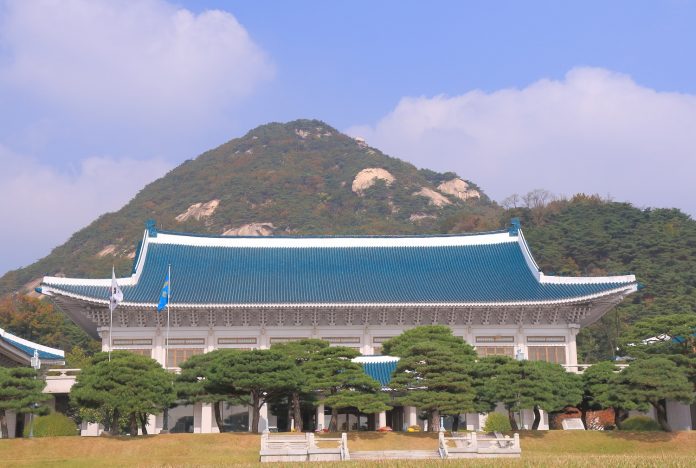President Yoon Seok-yeol of South Korea has made a call to arms against crypto-enabled drug trafficking, following the recent sentencing of several teen drug offenders.
According to Today Korea, Yoon noted the need to “utilize all of the government’s resources to combat drugs.” At a cabinet meeting on April 18th held at the Presidential Office in Seoul, Yoon went on to say:
“It is shocking that drugs are so widespread among teenagers, our next generation. Teenagers are now participating in drug smuggling or distribution operations.”
Police reports indicated that an individual had sold roughly 390,000 doses of drugs via Telegram, the dark web, and cryptocurrency. As such, many people aged in their twenties and teens have been given jail sentences for drug trafficking activities.
To facilitate their transactions, drug dealers commonly request payment in Bitcoin (BTC) and other altcoins. The nation was recently rocked by the story of a 14-year-old girl who had used cryptocurrency to purchase $300 worth of methamphetamine (crystal meth).
Notably, many drug dealers in South Korea have been utilizing Twitter for advertising their services freely.
A Surge in Crypto-Fueled Drug Offenses in South Korea
Yoon noted that it is likely that drug-related offenses will exceed the 20,000 mark for the first time in the nation’s history. In the past decade, South Korea has been able to remain free from the harmful effects of narcotics, mainly due to the efforts of the prosecution, police, health authorities, coast guard, and customs.
Therefore, Yoon has called on the government to take a comprehensive approach towards the problem. He also has asked the investigative and judicial authorities to join forces to reduce the prevalence of drug-related crimes.
“Let’s all join forces to eradicate the scourge of drug crimes that is eating away at the country.”
The opposition Democratic Party, however, is looking to put a stop to such plans, as they believe that the Ministry of Justice’s enforcement ordinances could potentially infringe on the rights of citizens through proposed search powers.

